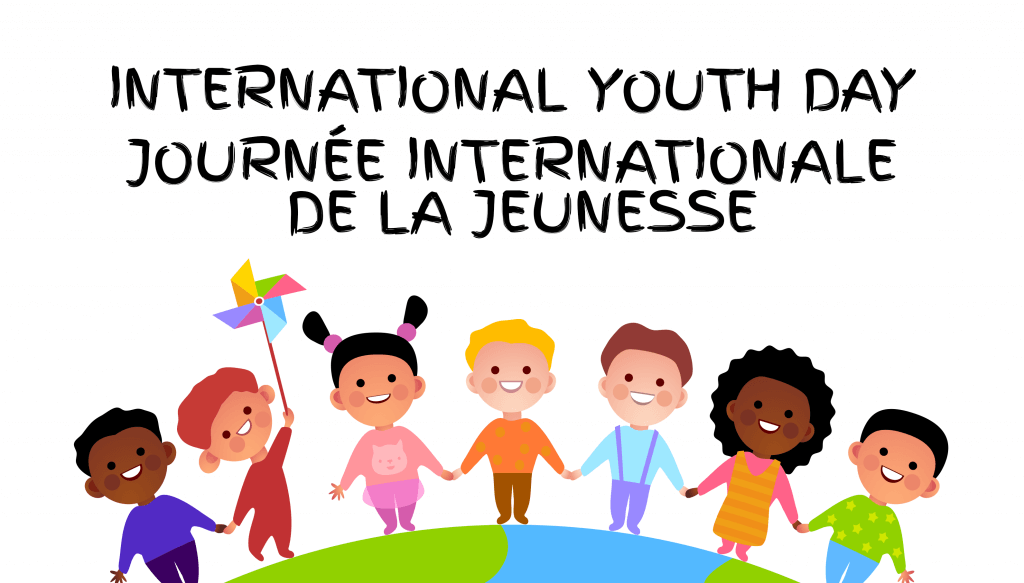Youth Mental Health Attitudes in Canada Statistics – International Youth Day
International Youth Day, adopted by the United Nations General Assembly in 1999, is commemorated each year on August 12 with the aim of drawing the international community’s attention to youth issues, and recognize the potential of youth as partners in society. This year, in order to highlight the issues facing young people today, UCTE would like to share with you some statistics which speak for themselves.
First, it is important to know that an estimated 1.2 million[1] children and youth in Canada are affected by mental illness, not including those who have access to appropriate treatment. Less than 20% will receive specialized help.
The development of our youth is of utmost importance. We must understand that 70% of mental health problems begin in childhood or adolescence, and that approximately 20%[2] of Canadians will have been affected by a mental illness by age 25. Young people who are being monitored for mental health problems are rarely supported by experts as they enter adulthood. The lack of resources in this area is glaring and, in some cases, can lead to suicide. Take the example of Ontario, where the wait for access to therapy or counselling can be anywhere from six months to a year.
In 2016, suicide accounted for 19% of deaths among young people aged 10 to 14, 29% among 15 to19 year-olds, and 23% among young adults aged 20 to 24[3]. Suicide is the second leading cause of death after accidents among 15 to 24 year-olds. An estimate by Youth Mental Health Canada shows that 75% of children with mental disorders do not have access to specialized treatment services.
Positive mental health in Canada is one mission to which UCTE has always given priority. Without good mental health, it is difficult to take care of oneself and to cope with daily personal and professional demands. We need to take care of the youth. The teenagers and the young adult are next succession, the workers of tomorrow. The publication of such shocking statistics is intended to raise awareness of matters rarely discussed. The health and safety of Canadians is something we care about.
Here is a list of crisis resources:
[fusion_button link=”https://ymhc.ngo/resources/” text_transform=”” title=”” target=”_self” link_attributes=”” alignment=”” modal=”” hide_on_mobile=”small-visibility,medium-visibility,large-visibility” class=”” id=”” color=”default” button_gradient_top_color=”” button_gradient_bottom_color=”” button_gradient_top_color_hover=”” button_gradient_bottom_color_hover=”” accent_color=”” accent_hover_color=”” type=”” bevel_color=”” border_width=”” border_radius=”” border_color=”” border_hover_color=”” size=”” stretch=”default” icon=”” icon_position=”left” icon_divider=”no” animation_type=”” animation_direction=”left” animation_speed=”0.3″ animation_offset=””]CLICK HERE[/fusion_button]
Text Messages
Crisis Text Line is powered by Kids Help Phone: a text message line providing a free, nationwide, 24/7 texting service for Canadian youth.
Sent ‘HOME’ to 686868 (Only in Canada)
[1] https://ymhc.ngo/resources/ymh-stats/
